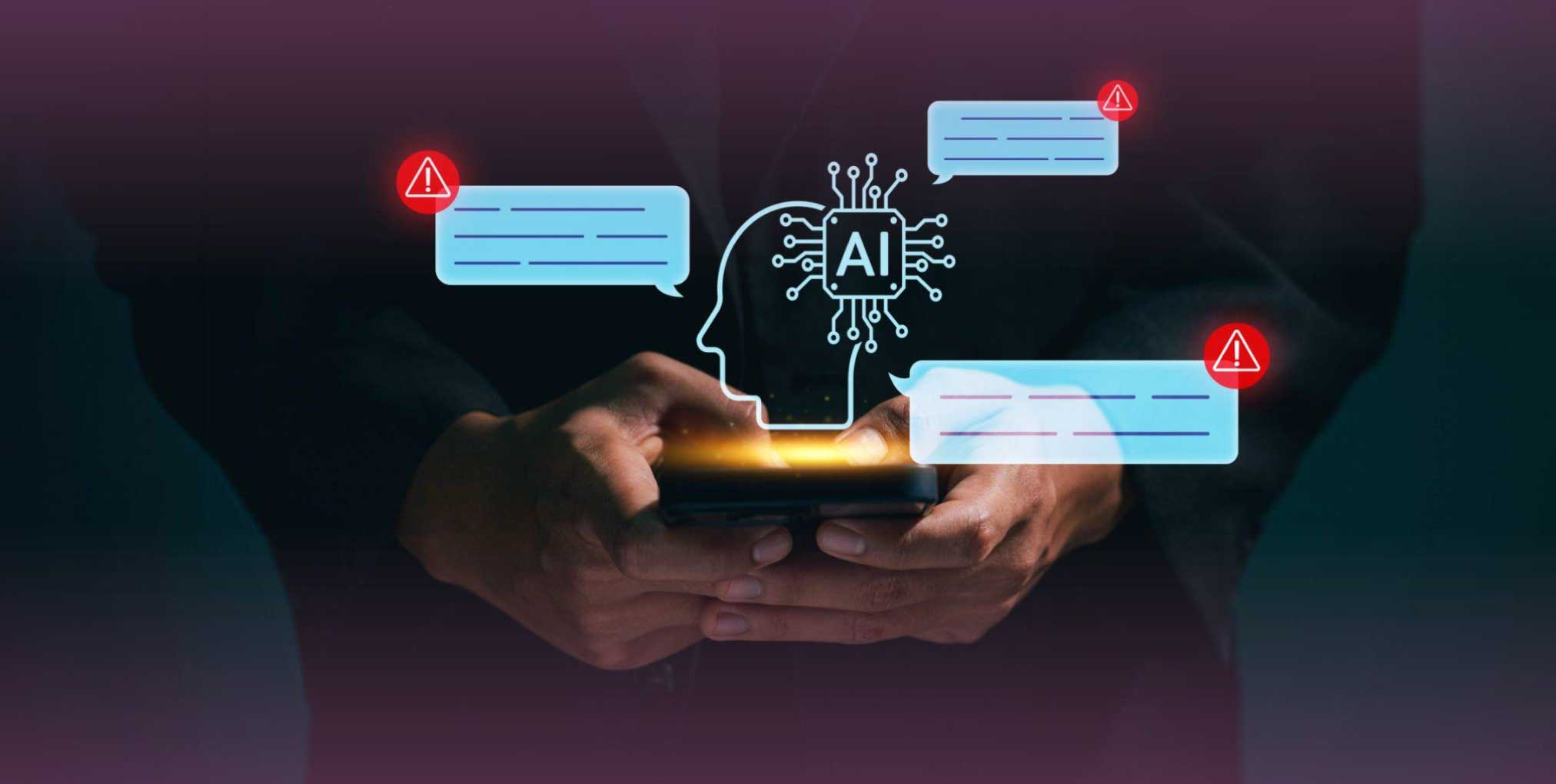Yeni yıl sürümü olan Bahsegel güncel giriş bahis dünyasında heyecan yaratıyor.
AI chatbots have become a game-changer in the ever changing field of technology. These virtual assistants have become incredibly popular, with an estimated 1.4 billion users globally and a steadily rising adoption trend. It’s critical to comprehend AI ethics and investigate their relevance to data security and privacy in order to comprehend the phenomena of chatbots powered by artificial intelligence.
The necessity to protect data security and privacy has increased dramatically as AI chatbots become more prevalent in the healthcare industry. Security and privacy are crucial in the healthcare industry as we handle some of the most private and sensitive data. It is imperative, not merely a matter of choice, to ensure the confidentiality and protection of this information.
Importance of Data Privacy and Security

The growing ubiquity of AI chatbots entails a number of obligations, chief among them being the safeguarding of user information. Interacting with chatbots requires users to voluntarily or inadvertently divulge private and sensitive information, highlighting the need of data privacy and security.
User Trust:
Any meaningful contact with AI chatbots is based on trust. Users need to feel secure knowing that their private data is handled with the utmost care and discretion.
Legal Compliance:
AI chatbots must abide by the strict data protection rules and regulations that governments throughout the world have imposed. This entails getting users’ informed consent and guaranteeing total usage transparency.
Ethical Considerations:
Beyond following the law, data privacy is fundamentally an ethical issue. It has to do with protecting people’s rights and choosing morally while using data. Minimizing data collecting and making sure data is only utilized for specified purposes are two aspects of ethical issues.
Security Measures in AI Chatbots
AI chatbots, as essential participants in the digital sphere, utilize strong security protocols to safeguard user information. In this section, we’ll talk about three crucial security precautions that are essential to maintaining AI ethics:
Encryption:
The digital barrier that prevents unwanted access to user data is encryption. Data that has been encrypted is unintelligible by unauthorized parties, even in the event that it is intercepted. Sensitive data, including private chats and personal information, must continue to be secured in accordance with AI ethics in healthcare. The first line of protection is encryption, which gives consumers the assurance that their data is safe throughout every conversation with chatbots.
Authentication:
Chatbots frequently demand identity verification from users before allowing access to sensitive data in order to uphold AI ethics. Authentication techniques guarantee that certain data or functionality are only accessible by authorized persons. This protects the user’s data and complies with the moral duty to only provide access to those who truly need it.
Regular Auditing:

The deployment of security is only the first step in ethical AI; continued monitoring is required. To guarantee chatbot security throughout time, regular security assessments are essential. These audits find flaws, which makes it possible to promptly mitigate possible security threats. Chatbot developers maintain their commitment to data protection and AI ethics by conducting frequent system evaluations.
Putting these security safeguards in place goes beyond simple regulatory compliance and is a fundamental ethical duty. Consumers entrust AI chatbots with their personal data, and this confidence is based on the guarantee that the information will be protected.
The Role of Regulations in the Ethics of AI
Governments and regulatory agencies have been forced to create rules and legislation due to the changing ethical environment of AI. These rules specify how data should be handled by chatbot creators and guarantee the moral use of AI.
Transparency
The requirement for honest and transparent communication between the chatbot and its users is referred to as transparency. It is essential because it gives people a clear understanding of how their data is used.
Users can quickly understand the procedures involved in data gathering, storage, and processing when chatbot activities are clear. This openness goes a step further by giving consumers a clear understanding of the data the chatbot gathers and its intended uses.
Accountability
Transparency and accountability go hand in hand. It entails developers bearing complete accountability for the acts and management of data by their chatbot. When data misuse happens, developers need to be aware of it and take quick action.
Accountability guarantees repercussions for any transgressions of privacy or ethical data handling. It’s about developers taking responsibility for any errors or breaches in data security and fixing them. Establishing trust between users and chatbot developers is contingent upon adherence to this idea.
Consent
This principle’s fundamental tenet is respecting user consent. It implies that consumers ought to have the freedom to choose the information they feel comfortable disclosing to the chatbot. In order to get express consent, users must be told about the kinds of information the chatbot gathers and the amount to which it will share or preserve that information.
User permission must always come first when it comes to the ethics of AI chatbots in mental health treatment. It promotes confidence in this delicate area by guaranteeing that people have the freedom to make decisions about sharing their data with others. Users are empowered to make decisions based on their comfort and privacy concerns thanks to this openness.
User Control
The idea of user control is equally crucial. Throughout their interactions with the chatbot, users must to have the ability to give or withhold consent and maintain control over their personal information. This includes the freedom to change or withdraw their consent whenever they choose.
It should be possible for users to modify their choices about data sharing, remove personal data, and even stop interacting with the chatbot. This safeguard protects users from being forced into a data-sharing arrangement they find unsatisfactory and serves to uphold the notion that users’ liberty is important.
Data Storage

An essential facet of AI chatbot ethics is data storage, especially when it comes to protecting private user data. To complement encryption, use secure storage methods. After data is gathered, it has to be kept in a way that is secure from outside threats and resistant to unintentional loss.
Several levels of security, including firewalls, backups, and access restrictions, are used in secure storage. This guarantees that data integrity and restricted access to authorized individuals even in the case of unforeseen circumstances, such as hardware malfunctions.
Mitigating Biases and Discrimination
One of the main tenets of AI ethics is the idea of mitigating prejudice and bias. It highlights how crucial it is to remove biases from these systems. Because prejudices have the power to sustain discrimination, especially in delicate fields like mental health, developers bear a heavy burden.
Developers need to thoroughly examine and remove biases from AI chatbot algorithms in order to overcome this difficulty. This procedure necessitates a thorough comprehension of the many causes of bias, which might be from accidental programming, preconceived conceptions, or training data.
The goal of recognizing and correcting these biases is to guarantee that the chatbot will respond and engage in a way that is just, equal, and free of any discriminating features.
Conclusion
A society growing more dependent on artificial intelligence raises serious ethical concerns about AI chatbots with regard to data security and privacy. It can be difficult to strike a balance between the practicality and capabilities of chatbots and the moral need to safeguard user data. But we can make sure that AI chatbots improve our lives without jeopardizing our privacy if we keep up our efforts in regulation, openness, and responsible development.



0 Comments